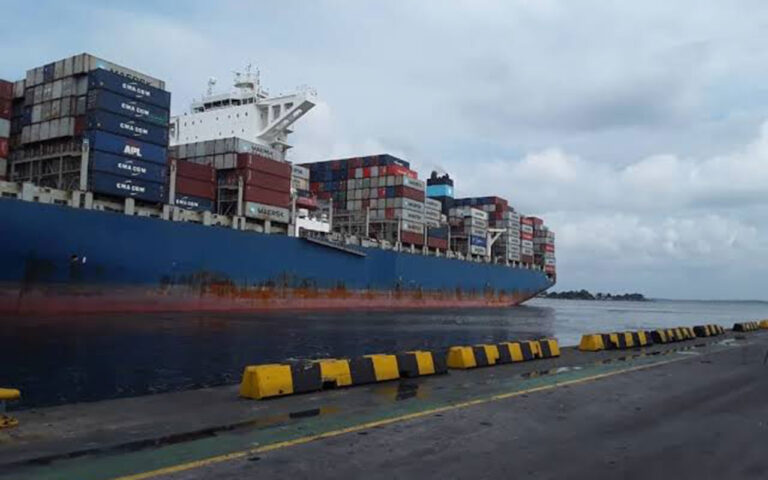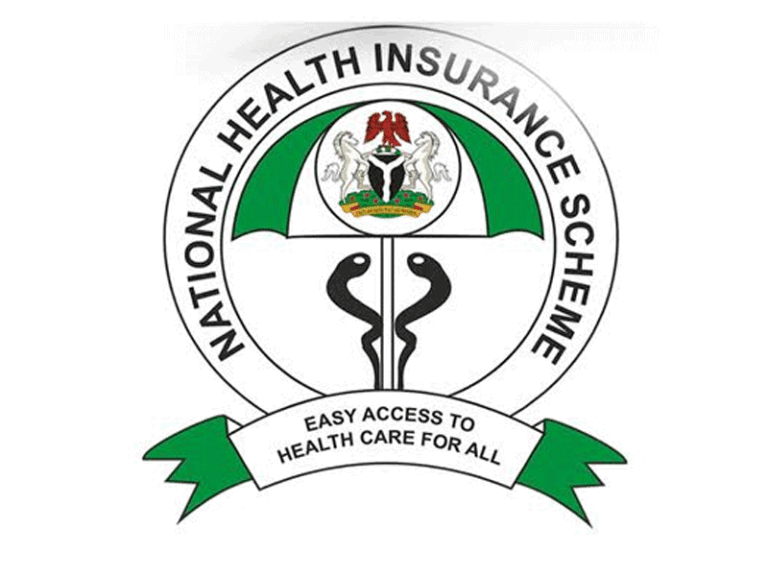
In a world filled with uncertainties, financial security remains a critical aspect of individual and societal well-being. Nigeria, with its dynamic economy and vibrant population, is no exception. Insurance plays a pivotal role in ensuring financial stability by providing a safety net during unexpected events such as accidents, natural disasters, illnesses, or the loss of a loved one. This article delves into how insurance prevents financial ruin and promotes economic resilience in Nigeria.
Understanding Financial Security
Financial security refers to the state of having sufficient resources to cover expenses, withstand unexpected financial shocks, and plan for future needs. In a country like Nigeria, where many families rely on irregular incomes, the financial burden of unexpected events can be devastating. This is where insurance comes in—a mechanism designed to mitigate financial risks and ensure peace of mind.
How Insurance Prevents Financial Ruin
1. Medical Emergencies and Health Insurance
Healthcare costs in Nigeria can be prohibitively high, often leading families into debt. Health insurance provides a buffer against these costs by covering hospital bills, medication, surgeries, and other medical expenses. For example:
- Health Maintenance Organizations (HMOs): Many Nigerians are now subscribing to HMO plans, which offer affordable access to medical care.
- National Health Insurance Authority (NHIA): Government initiatives like the NHIA aim to provide broader access to health coverage, ensuring financial protection for vulnerable populations.
2. Natural Disasters and Property Insurance
Floods, fires, and other natural disasters are recurring challenges in Nigeria, particularly in urban centers and flood-prone areas. Property insurance ensures that homeowners and businesses can recover from such events without falling into financial despair. For instance:
- Homeowners can receive compensation to rebuild or repair damaged properties.
- Businesses can protect their assets and sustain operations, reducing the risk of layoffs or bankruptcy.
3. Vehicle Accidents and Motor Insurance
Road accidents are a significant cause of financial loss in Nigeria. Comprehensive motor insurance covers damages to vehicles, third-party liabilities, and even medical expenses for injured passengers. This helps individuals avoid out-of-pocket expenses that could cripple their finances.
4. Loss of Life and Life Assurance
Life assurance policies provide a lifeline for families in the event of the policyholder’s death. By offering a lump sum or periodic payments to beneficiaries, these policies ensure that dependents can cover daily expenses, pay school fees, and maintain their standard of living.
5. Business Continuity and Business Insurance
Entrepreneurs and business owners face various risks, from theft to litigation. Business insurance mitigates these risks by covering potential losses and liabilities. This not only ensures continuity but also builds confidence among investors and stakeholders.
The Economic Impact of Insurance in Nigeria
Insurance does more than protect individuals; it fosters economic growth by:
- Encouraging Savings and Investments: Policyholders are more likely to save and invest when they know their risks are covered.
- Reducing the Burden on Public Resources: With more Nigerians insured, the government can allocate resources to development projects rather than emergency relief.
- Promoting Business Confidence: Insured businesses are better positioned to take calculated risks, driving innovation and job creation.
Challenges to Insurance Adoption in Nigeria
Despite its benefits, insurance penetration in Nigeria remains low, at about 0.5% of GDP. Several factors contribute to this, including:
- Lack of Awareness: Many Nigerians are unfamiliar with how insurance works or its benefits.
- Trust Deficit: A history of poor claims management by some insurers has created skepticism.
- Affordability: Many Nigerians perceive insurance as a luxury rather than a necessity.
The Way Forward
To enhance the role of insurance in promoting financial security, the following steps are crucial:
- Education Campaigns: Raising awareness about the importance of insurance and its affordability.
- Regulatory Reforms: Strengthening oversight to ensure prompt claims payment and build trust.
- Product Innovation: Developing microinsurance products tailored to low-income earners.
- Digital Transformation: Leveraging technology to make insurance more accessible and user-friendly.
Conclusion
Insurance is an essential tool for financial security, particularly in a rapidly evolving society like Nigeria. By offering protection against unexpected events, insurance prevents financial ruin and fosters resilience among individuals, families, and businesses. As awareness and accessibility improve, insurance will play an even more significant role in Nigeria’s journey toward economic stability and prosperity.
By understanding and embracing the benefits of insurance, Nigerians can build a future that is not only secure but also full of opportunities.









